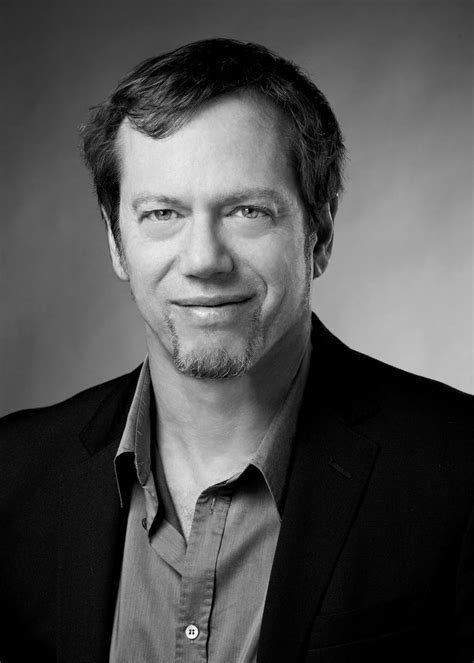A Quote by Ayn Rand
Learn to distinguish the difference between errors of knowledge and breaches of morality
Quote Topics
Related Quotes
Mothers know the difference between a broth and a consommé. And the difference between damask and chintz. And the difference between vinyl and Naugahyde. And the difference between a house and a home. And the difference between a romantic and a stalker. And the difference between a rock and a hard place.
Man can learn self-discipline without becoming ascetic; he can be wise without waiting to be old; he can be influential without waiting for status. Man can sharpen his ability to distinguish between matters of principle and matters of preference, but only if we have a wise interplay between time and truth, between minutes and morality.
It's very important to distinguish between what most people in the West think about knowledge, and what the Indian concept of knowledge is. In the West the knowledge is something that is tangible, is material, it is something that can be transferred easily, can be bought and sold; or as in India real knowledge is something that is a living being - is a Vidya.
We want to be known for having original ideas, inspired hunches, and gut feelings that make a difference. Indeed, a "well-honed sixth sense"' is considered a measure of the good clinician. But being a good doctor also requires sticking with the best medical evidence, even if it contradicts your personal experience. We need to distinguish between gut feeling and testable knowledge, between hunches and empirically tested evidence.




































